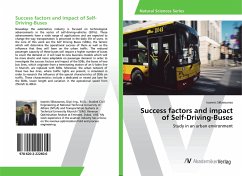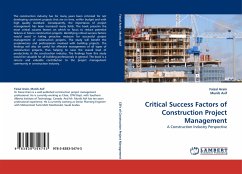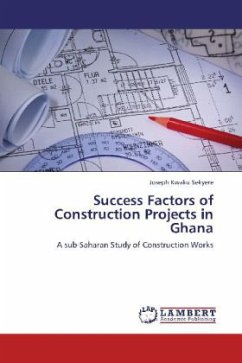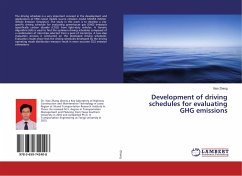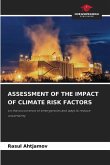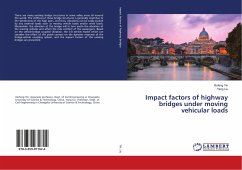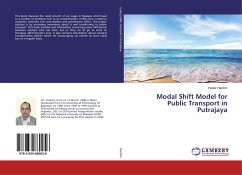Nowadays the automotive industry is focused on technological advancements in the sector of self-driving-vehicles (SDVs). These advancements have a wide range of applications and are expected to change the way transportation is perceived in the daily life of users. In the core of this work are the Self Driving Buses (SDBs), the factors which will determine the operational success of them as well as the influence that they will have on the urban traffic. The reduced passenger capacity of these buses will require a higher number of buses to cover the demand or it will lead to new business models which will be more elastic and more adaptable on passenger demand. In order to investigate the success factors and impact of the SDBs, the buses of two bus lines, which originate from a terminating station of an U-bahn line in Munich, are replaced with SDBs. Moreover, the urban network of these two bus lines, where traffic lights are present, is simulated in order to research the influence of the special characteristics of SDBs on traffic. These characteristics include a dedicated or mixed use lane for the SDBs, lower length and variation in the operational speed from 25km/h to 40km

